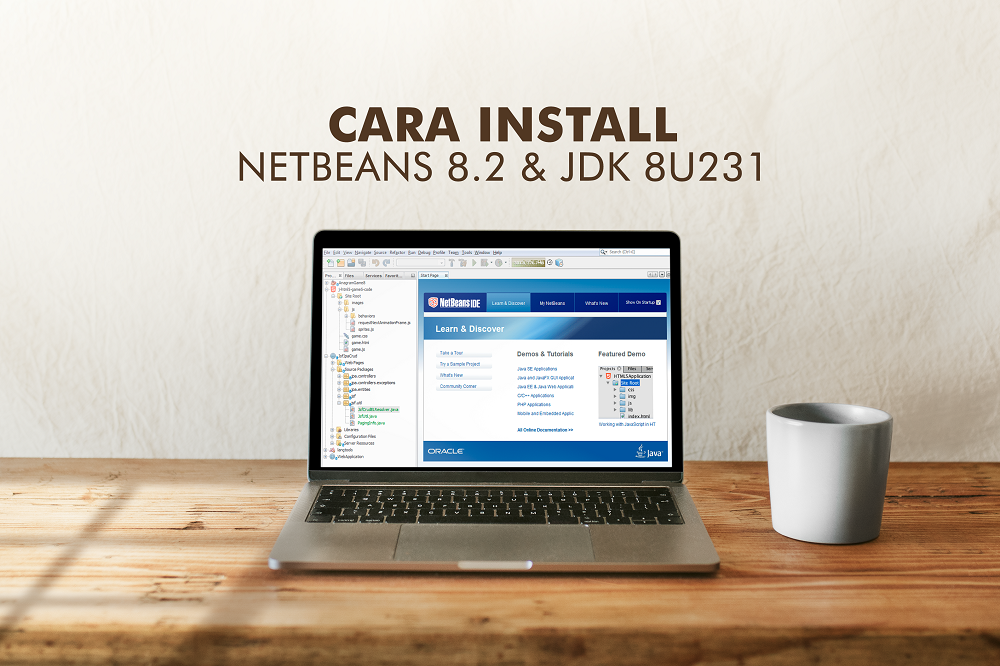15 Things That Make Your Credit Score Decrease
Your credit score is one of the most important factors of your financial life. Banks use it to decide whether to provide a credit card or a loan. Some service providers use it to determine if you should pay a security deposit. Car and health insurance providers consider your credit score when setting your insurance level. While it's important to know what things help you build a good credit score, you should also know the actions that could damage your credit card score.
Here are 15 Things that damage your credit score :
1. Late Payment
35% of your credit score is your payment history. Being consistently late on your credit card payments will ruin your credit score. Pay your credit card bills on time to maintain your credit score.
2. Not Paying At All
Ignoring your credit card bill will have a worse impact than paying late. Every month you miss a credit card payment, you are one month closer to having your account charged off.
3. Once the Account is Charged Off
When lenders think you're not going to pay your credit card bill at all, they charge out of your account. This account status is one of the worst things for your credit score.
4. After The Account Is Sent To The Collection
Creditors often use third-party debt collectors to try to collect payments from you. Creditors can send your account to collection before or after charging off. A tatuscollection shows that creditors give up trying to get payment from you and hire someone else to do so.
5. Default on Loan
Loan defaults are similar to credit card fee-offs. A standard indicates that you have not fulfilled your end of the loan contract.
6. Bankruptcy Filing
Insolvency will destroy your credit score. The best idea to look for alternatives is with consumer credit counseling, before filing for bankruptcy to improve credit scores.
7. After Your House Is Taken Over
Once your home is taken over by a credit provider, it will ruin your credit score and make it harder to get approved for a future home loan loan.
8. Getting Judgment
A decision that shows you're not only avoiding your bills, the courts should be involved to get you to pay the debt. While they both ruin your credit score, the verdict is paid better than the one that hasn't been paid.
9. High Credit Card Balance
The two most important parts of your credit score are debt levels, measured by credit utilization. Having a high credit card balance (relative to your credit limit) increases your credit utilization and reduces your credit score.
10. Maxed Out Credit Cards
Maxed out and over-the-limit credit card balances make your credit utilization 100%. It is most ideal for your credit score.
11. Closing Credit Cards That Still Have Balance
When you close a credit card that still has a balance, your credit limit will drop to $0 while your balance remains. This makes it look like you have maxed out your credit card, causing your score to drop.
12. Closing an Old Credit Card
Another component of your credit score, 15%, is your credit history. Closing old credit cards, especially your oldest card, makes your credit history seem shorter than it actually is.
13. Closing the Card With Available Credit
If you have multiple credit cards with multiple balances and some without, closing those credit cards without a balance increases your credit utilization.
14. Apply for multiple credit cards or loans
Credit account application for 10% of your credit score. Making multiple credit or loan applications in a short period of time will cause your credit score to decline. For that avoid applications with a minimum value.
15. After Only Credit Card Or Only Loan
Credit mix is 10% of your credit. When you only have one type of credit account, either a loan or a credit card, your credit score can be affected. This factor mostly comes when you don't have much other credit information in your credit history.
In addition, if your credit card exceeds your credit card limit, in addition to getting a fine, it will reduce your credit score.







